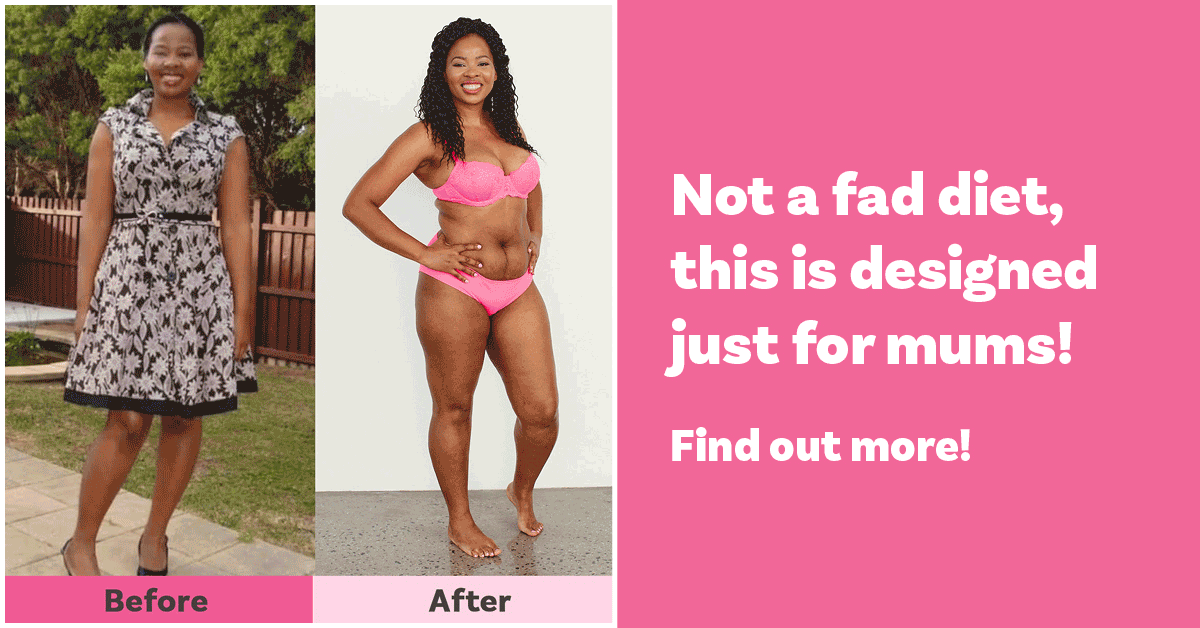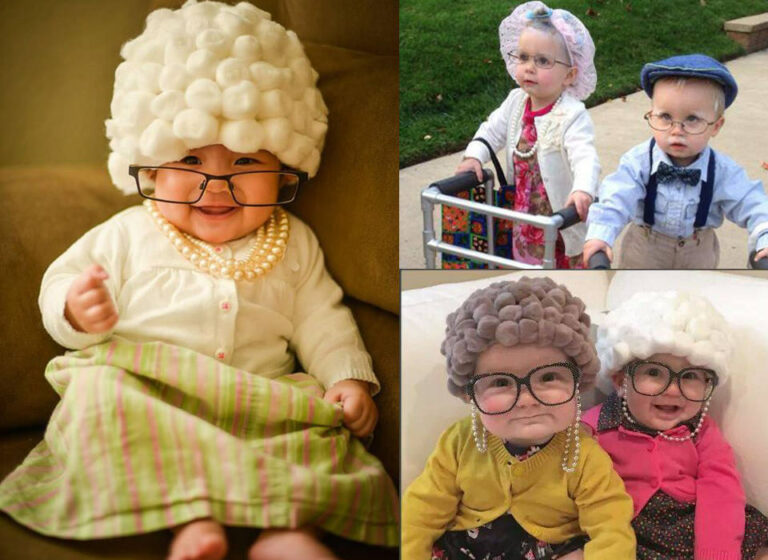Dad’s heartbreaking post after losing partner to postnatal depression: “Seek help early on”
Tragic. A heartbroken dad has penned a moving note to his late partner, who he says eventually lost her battle with postnatal depression.
Aaron Harbertson is now urging all mums to make sure they are getting all the support they need.
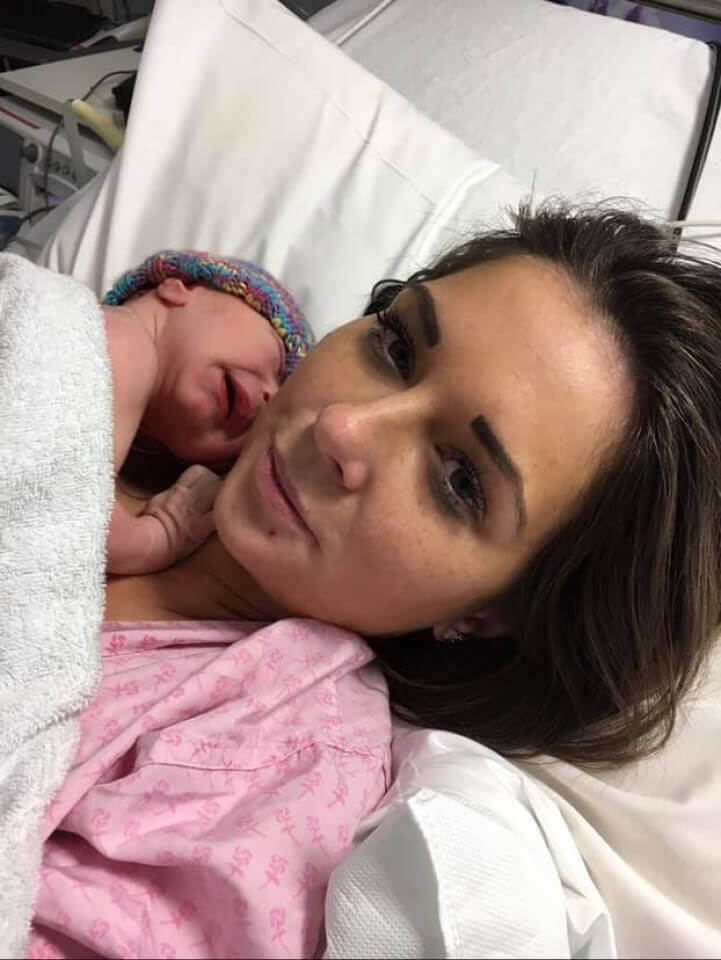
Dad’s tragic tribute to his late partner who lost her life to postnatal depression
Aaron reveals all seemed fine on the outside with his partner Charlotte Masterson following the birth of their gorgeous son Hugo in November 2016.
However, behind closed doors, it seems Charlotte was struggling to fight her inner demons and in June 2019 she tragically took her own life.
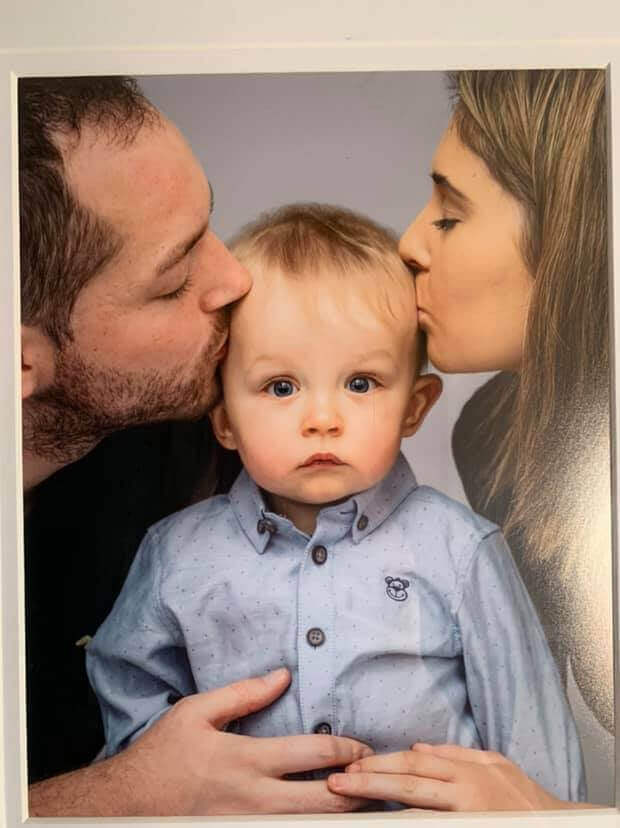
Posting to Facebook, the devastated dad wrote: “It’s with great sadness to say that Charlotte Masterson passed away last night after a long battle with post-natal depression and alcoholism.
“To Charlotte, you are the love of my life and gave me the greatest gift possible, a beautiful little boy. It will haunt me for the rest of my life how it went from the pure happiness and love in this photo to this.
“I promise to you that I will raise Hugo into the gentleman you would have wanted him to become, tell him stories every day about how kind, caring and beautiful you are.”
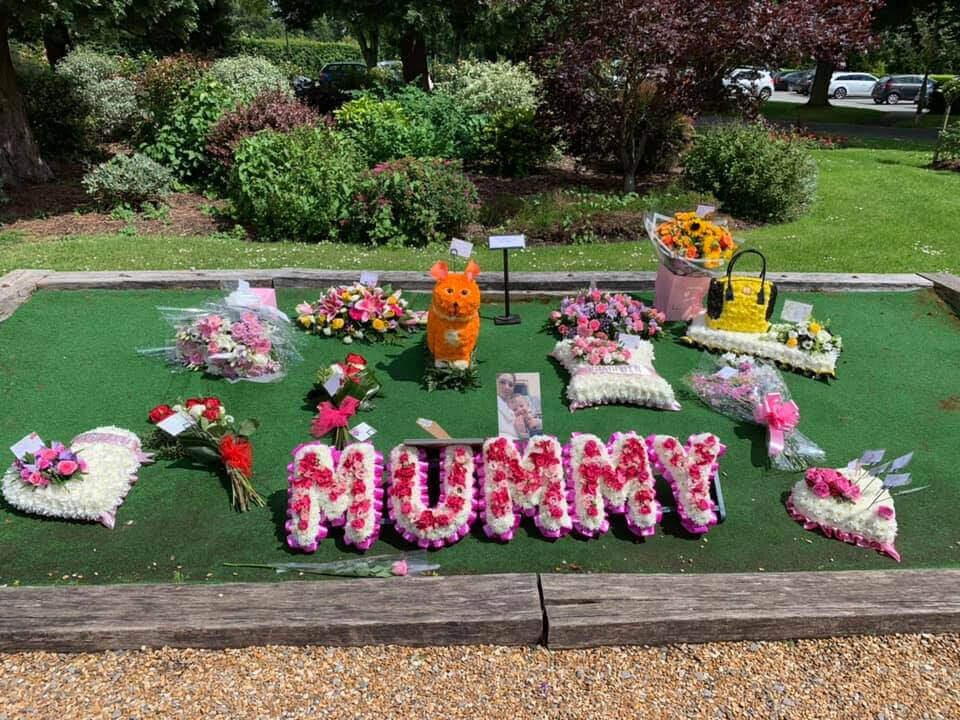
Aaron is urging all mums and dads to make sure that they look after themselves and keep their mental health in check.
He added: “To any women having or planning to have a baby, please take post-natal depression seriously, make sure you seek help early on and get out as much as possible to baby groups. Don’t let it ruin your family like it has mine.
“To their partners, keep a close eye on them and look out for all of the early symptoms. The earlier it is addressed then less likely it will transform into something fatal.”
Thank you Aaron for giving us permission to share your post and story. Our hearts go out to you and your son.
Due to the relentless, tiring nature of motherhood, some mums can experience some symptoms of PND without having PND.
So the diagnosis is dependent on how much symptoms interfere with daily life. Look out for persistent patterns of:
Motherhood has good and bad days. If it feels like it’s just all bad, seek help immediately as the earlier the better for your recovery.
There are many effective treatments for PND, depending on the severity of symptoms and personal situation.
If you suspect you have PND, see your GP as soon as possible, help is available.
If you are wanting to get that bit of extra support in your journey to better health come and join our community here.
Our Challenge is designed by mums FOR MUMS – to help them reach their goal weight and tackle their health and fitness.
The Challenge is home to customizable meal plans, 24/7 social support and realistic exercises moms can do AT HOME.
To find out more on the 28 Day Weight Loss Challenge click here.
Symptoms of postnatal depression
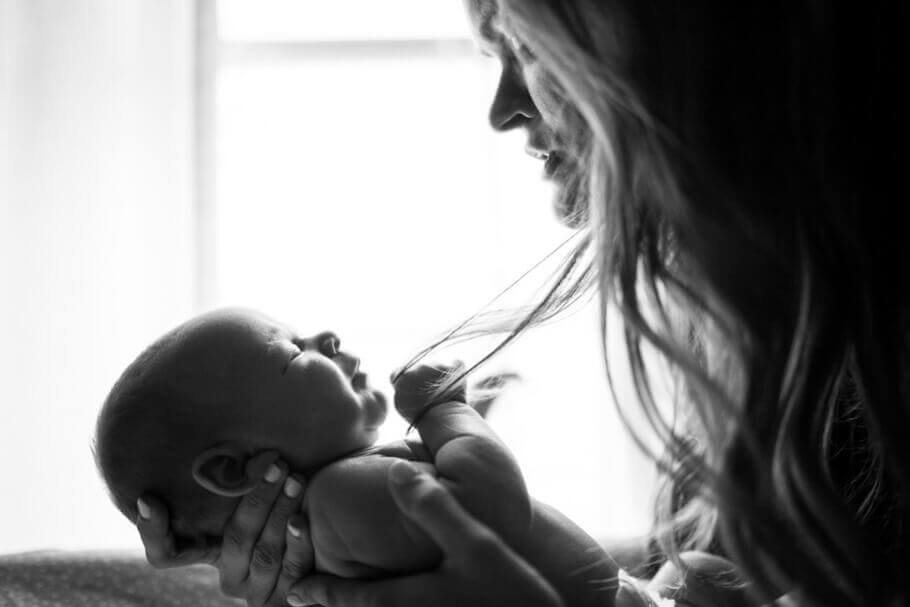
Seek help
Join our community of supportive mums!
Are you ready to become a Healthy Mummy?

